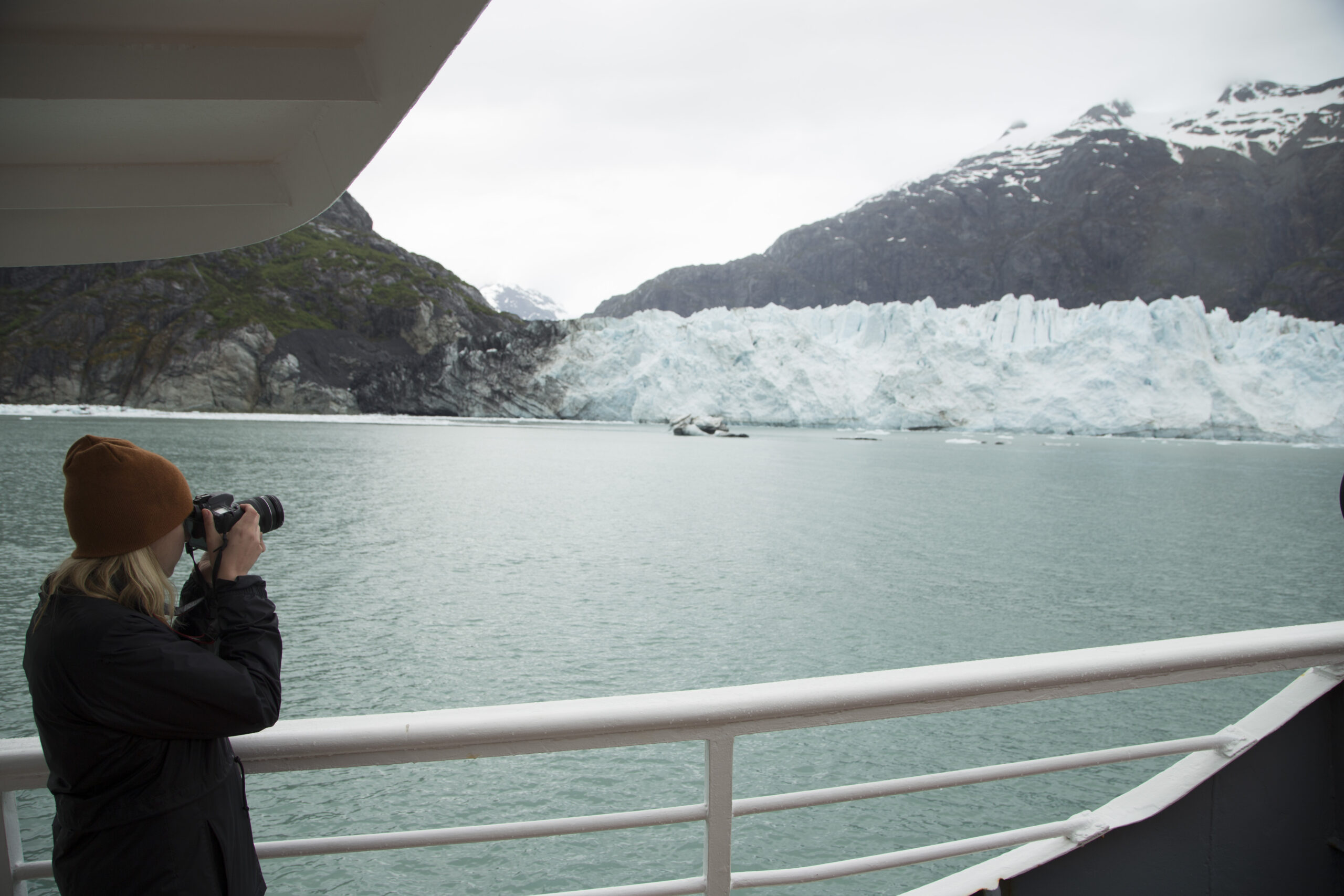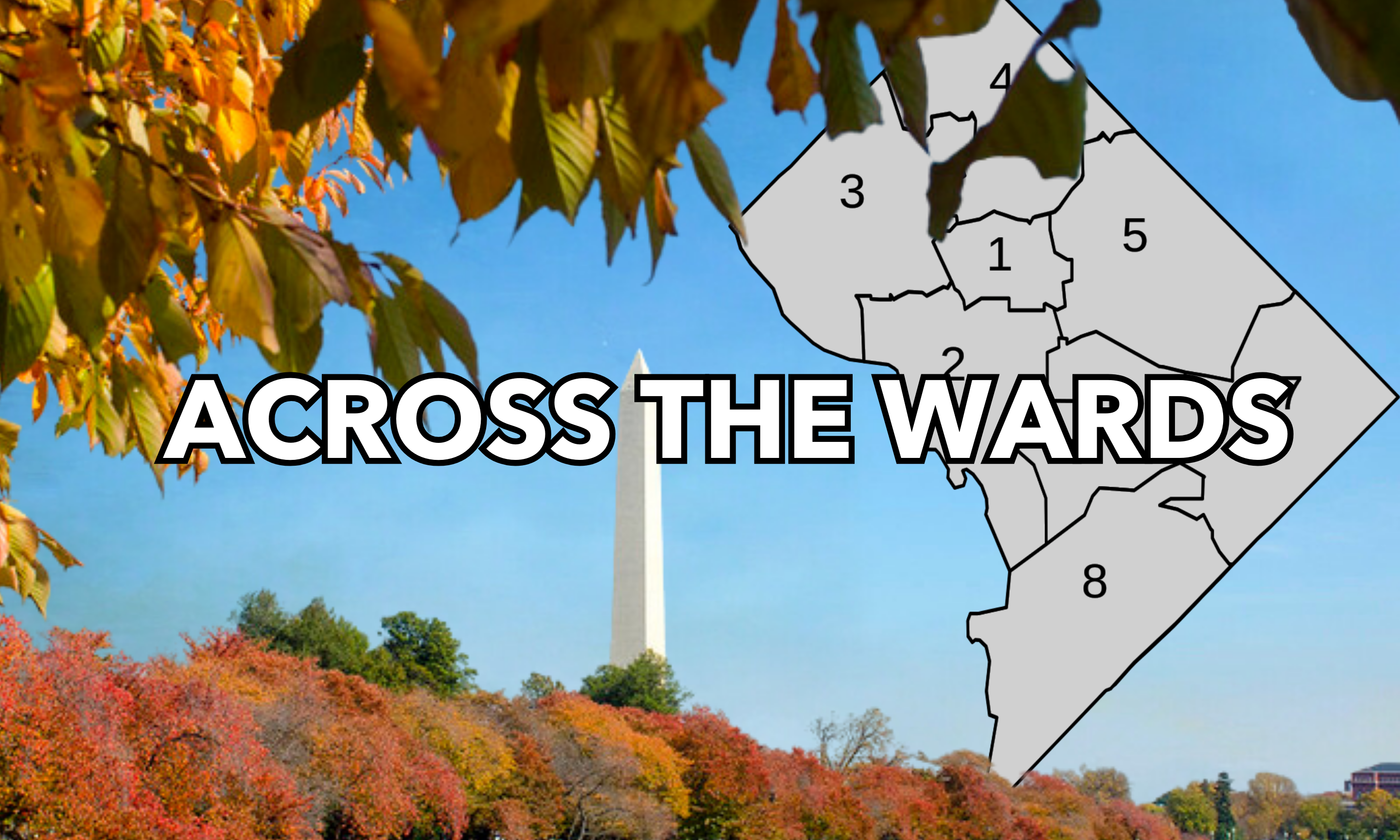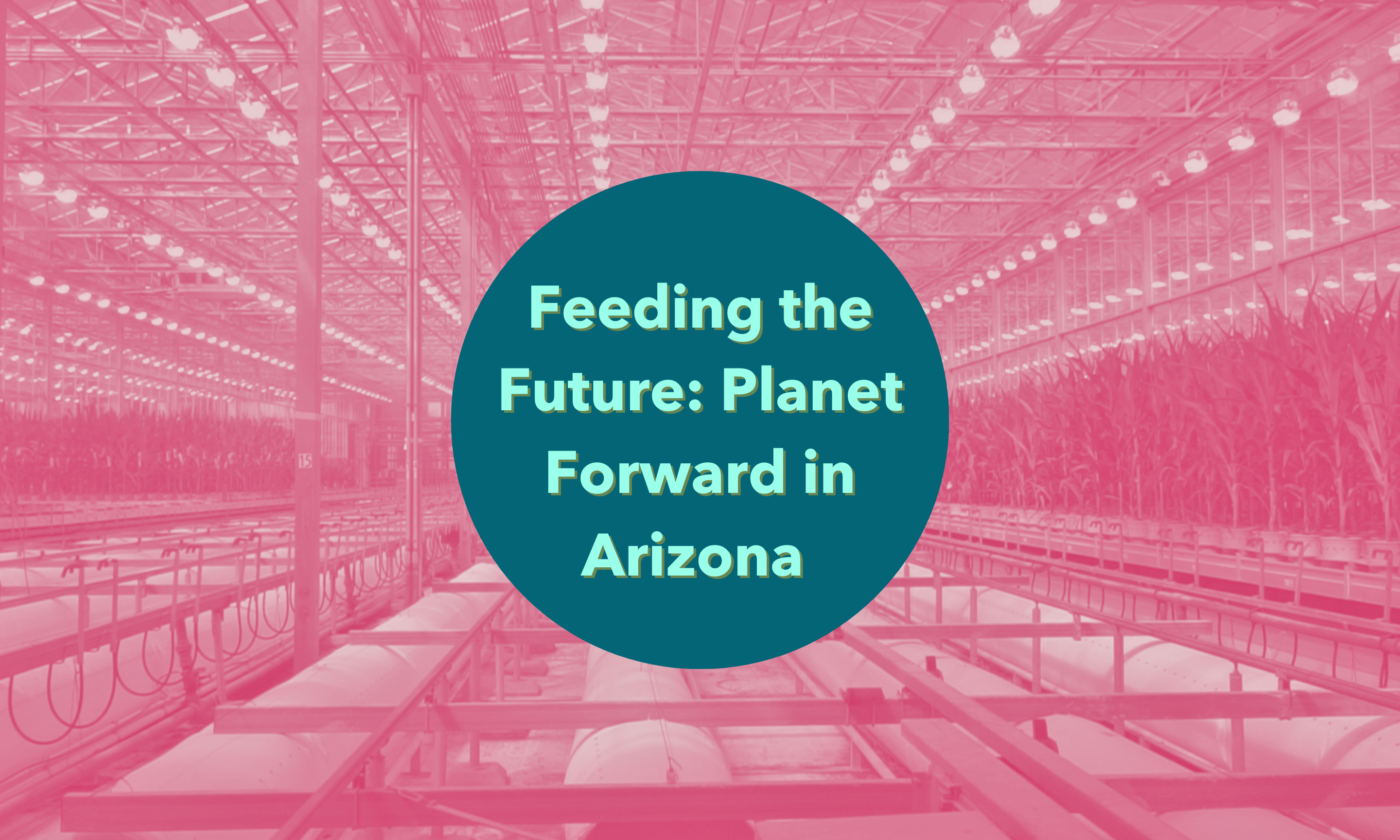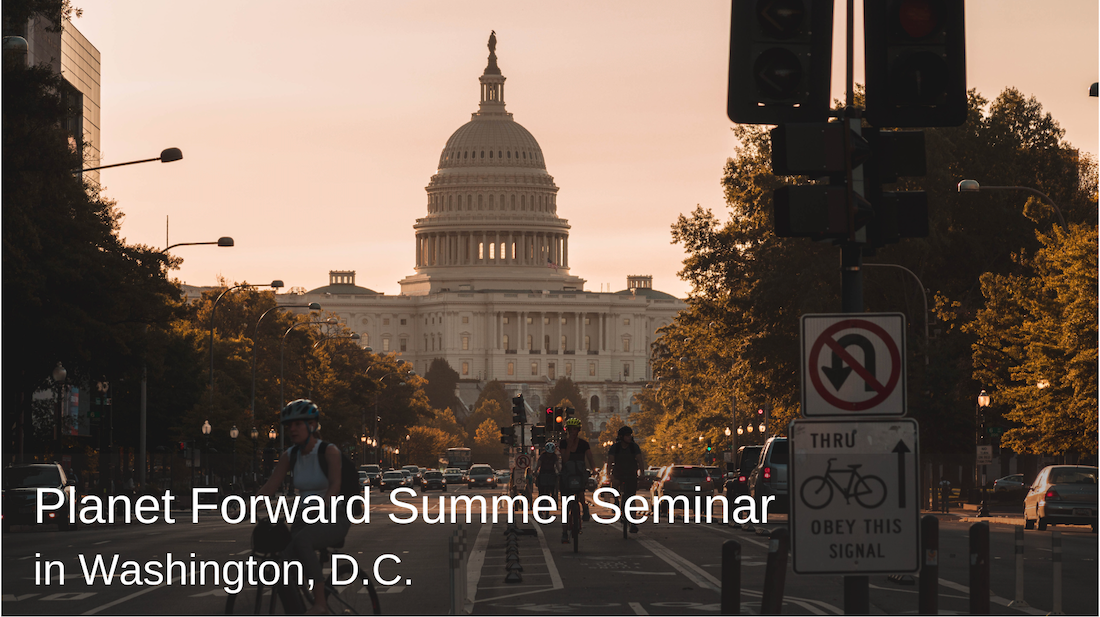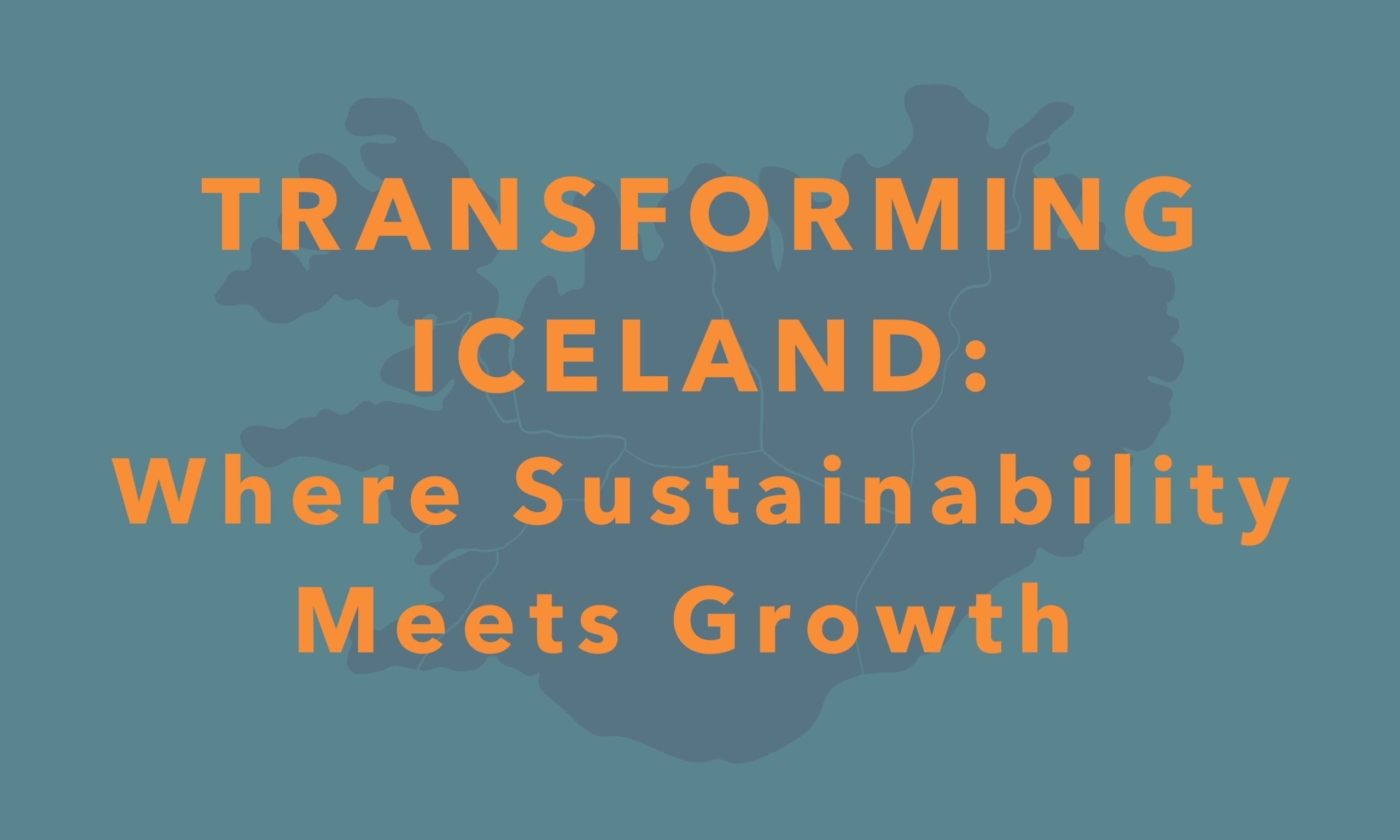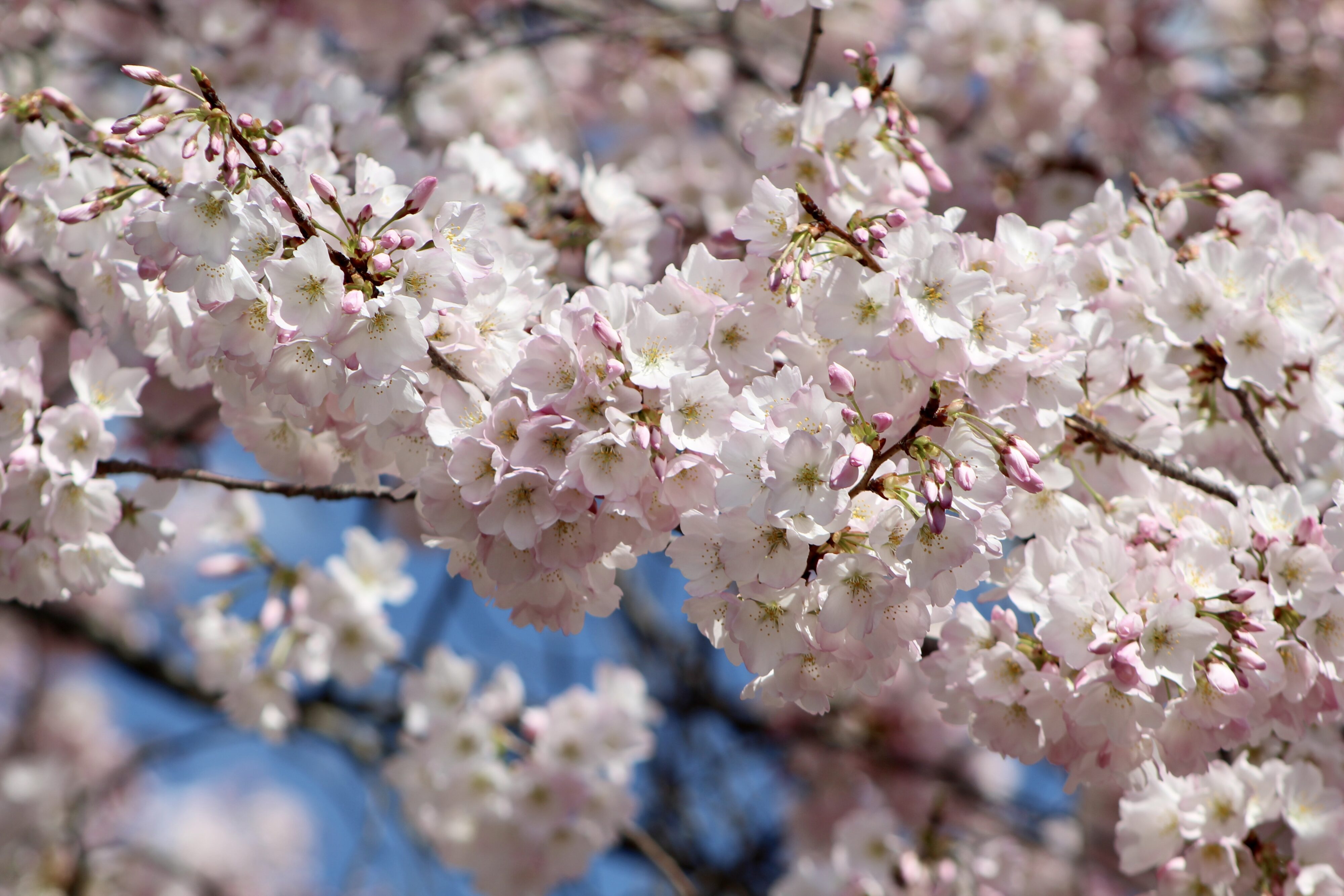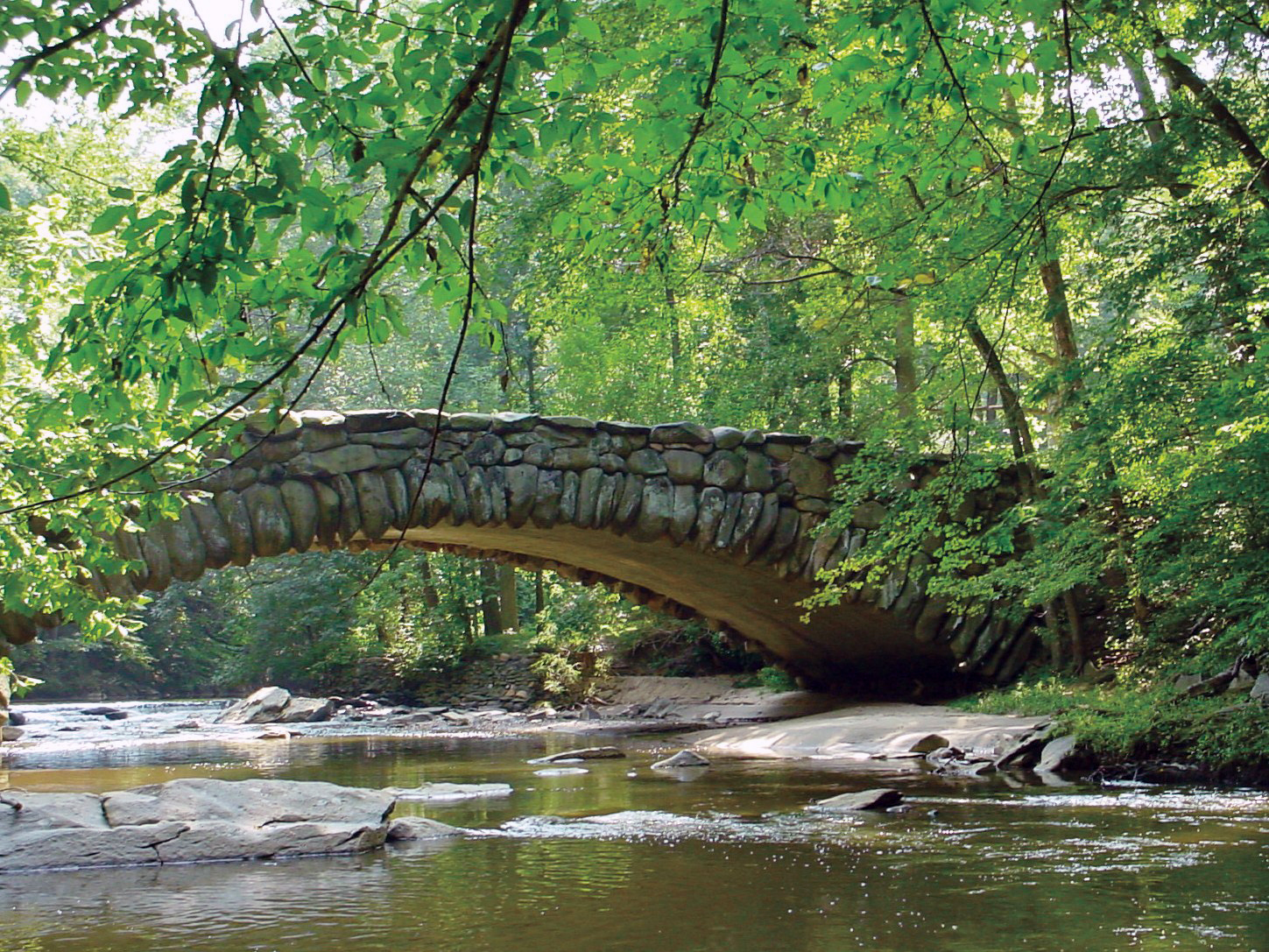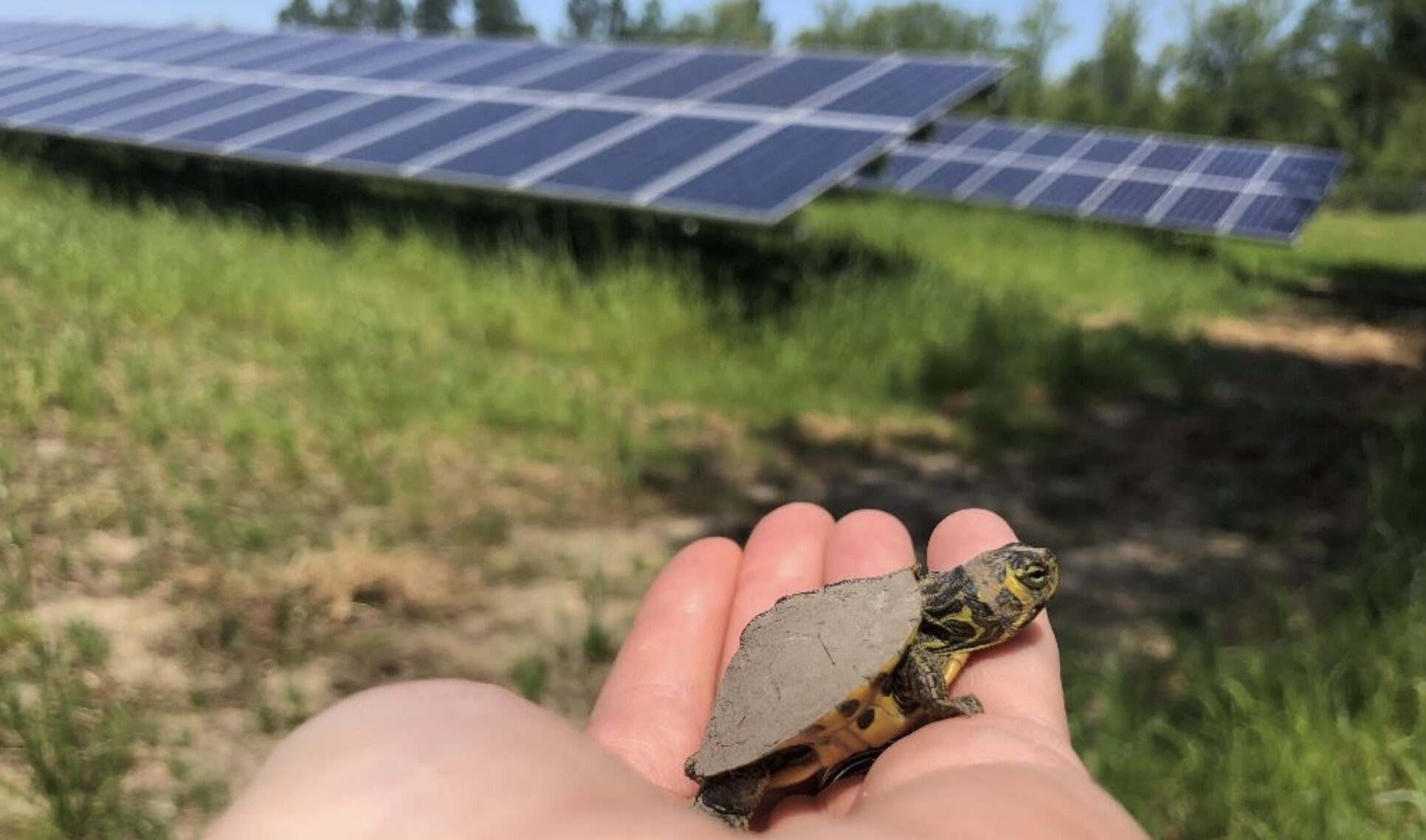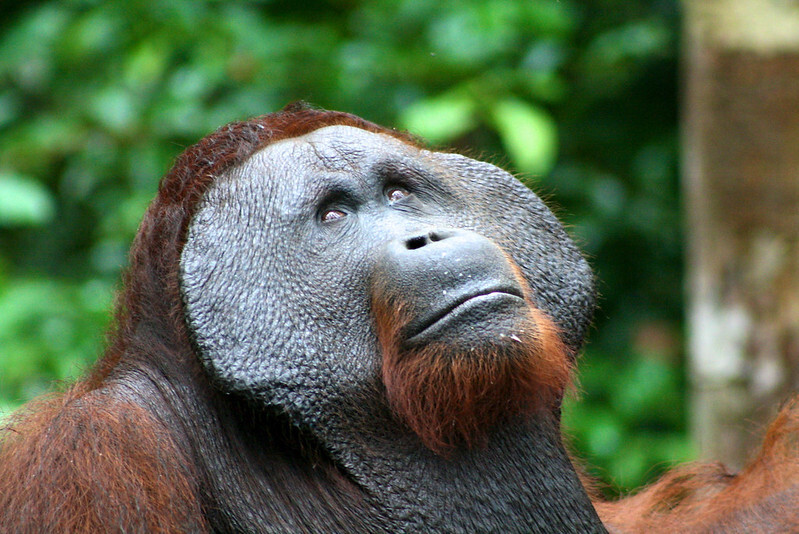What does it mean to live on the Galápagos Islands? Of all places in the world, this should be a place where natural ecosystems are preserved, and humans and wildlife must coexist.
Living in harmony on the Galápagos Islands
People have been living on the Galápagos for about 500 years. The islands have been a rest stop for whalers and pirates, as well as a cast of colorful characters (see the Angermeyer family, and The Galápagos Affair). Having no source of fresh water, conditions for living on the islands could be rough. This is probably one of the main reasons why the islands did not become more populated after they were discovered. No indigenous culture formed, and although the number of settlers remained low (numbering a little over 1,000 by 1950) invasive species and resource exploitation led many native species to extinction.
One would think that the place that inspired Charles Darwin’s theory of evolution would receive any type of funding or support it needed to maintain its unique wildlife, but that was not the case. It wasn’t until the 1959 that Ecuador formally made the Galápagos a national park. Over the decades, conservationists on the islands and in the national park battled to eradicate invasive species and get more stringent regulations put in place and enforced. Today the main threat to biodiversity that the islands face is the rise in tourism. More visitors lead to more waste, more invasive stowaways species on the deliveries from the mainland, and more pollution. To manage the tourism boom, there will likely need to be more firm limitations to growth put in place on top of the strict rules that are already there. The complicated issue of how to balance people’s livelihoods with conservation will have to be answered somehow. The ones who will play the biggest role in deciding the future of the Galápagos will most likely be the people most connected to the islands: the people living there today. Check out the video above and see what they have to say!


